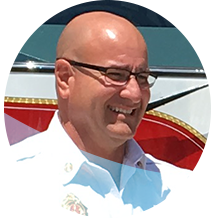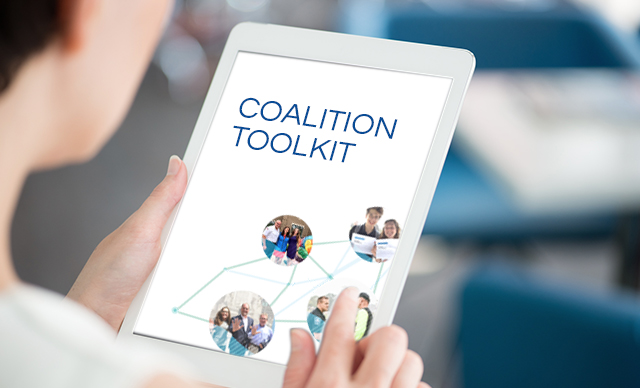When someone is experiencing a mental crisis, they need first responders who are equipped and trained to understand the situation and act appropriately.
FIRE and EMS in the Coalition
THE ROLE OF FIRE AND EMERGENCY RESPONDERS:
Fire and Emergency Responders assist patients with mental health issues every day. Their role is to look at the community as a whole, identify the needs, and create and implement programs to improve the safety and quality of life for the community.
Why they are integral to the Coalition’s success:
The coalition’s success depends on these roles to quickly identify the right course of action for the best care of every patient, especially those suffering from a mental illness crisis.
The impact they’ve had:
Through the mental health initiative, Fire and Emergency Medical Responders have seen a change in the way patients respond to them during an emergency. We’ve experienced more trust and confidence from our patients in response to fire and EMS professionals in our community.


“Our goal is to create a community that embraces mental health challenges before a crisis occurs.”
STEVE ORUSA | FISHERS, INDIANA FIRE CHIEF
Mental Wellness Initiative Resources
At Your Fingertips
Download Your Specialized Toolkit
Download the resources we used to help build the fire and EMT operations and programs for the mental health initiative. See how we got started and use our resources to develop your own!
Included in your toolkit:
- Alternative Destination Evaluation Form
- 2018 Implementation of an EMS Duty Officer
- EDO Response Guidelines
- EDO Response Outline
- Columbia – Suicide Severity Rating Scale
Quick Tips
From Chief Orusa

Start with data
We can’t just put out fires or go on ambulance runs. We need to really look at our community using big analytics to identify and define where the gaps are, mental wellness being one of them. In the future there might be other gaps, but we need to be aggressive about capturing data, looking at where the gaps are, looking for opportunities and improvement plans to serve the community.

Engage the community
Engage the overall community and don’t leave any stone unturned. Don’t be afraid to look in nontraditional places and ask for help. There’s a lot of help out there and you don’t know until you ask for the community's help what's available to you. You might be surprised when you engage the community resources. It’s incredible what's actually in your own community that you didn’t know was there to begin with.

Lead and communicate
First and foremost is leadership. You need to identify what’s important to the community and then communicate that with staff. Find key people within your staff that can identify the importance of helping people with mental crisis. It’s up to leadership to communicate the goals, where the agency is headed, and defining success.
How Will You Build Your Coalition?
Start with resources and a plan
Mental wellness needs to be addressed now. The needs aren’t getting any fewer and implementing a program isn’t an overnight thing. We need to be proactive in addressing mental health.
















